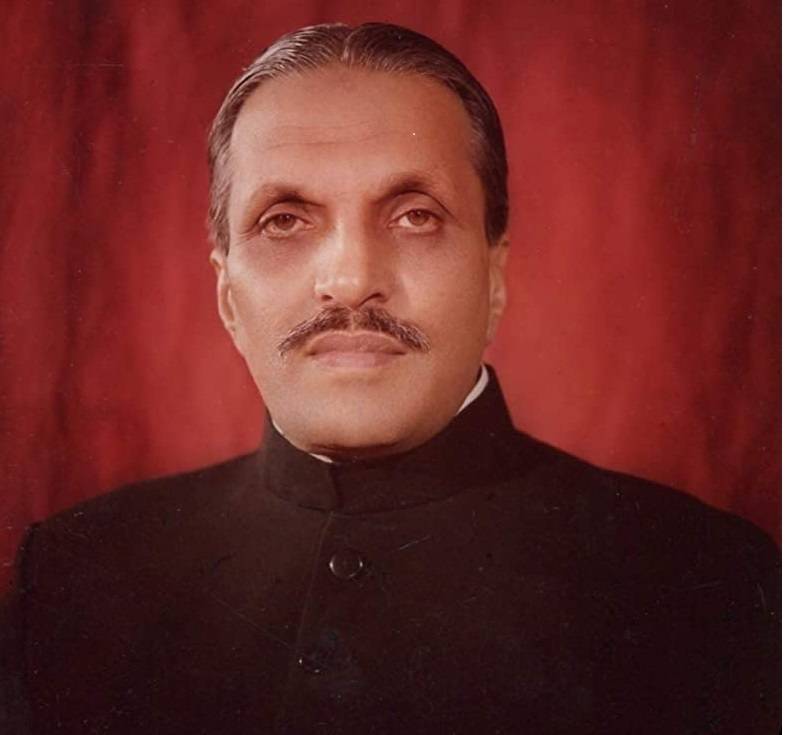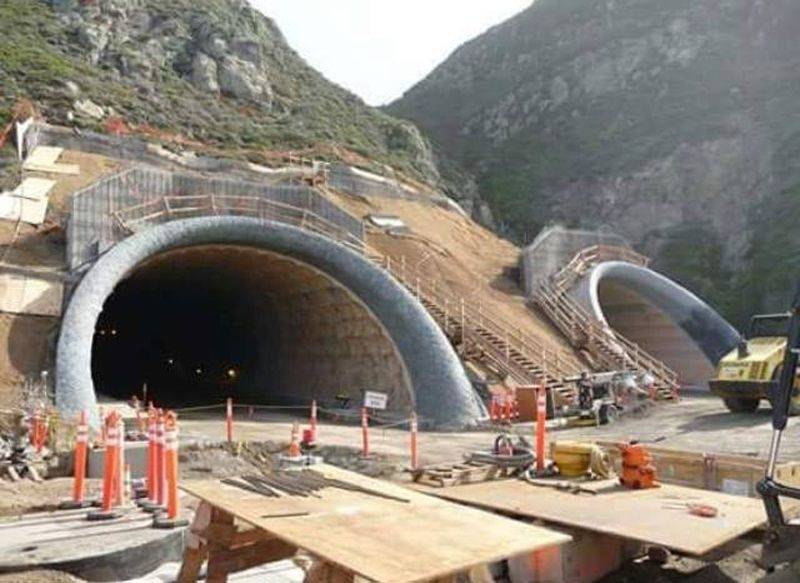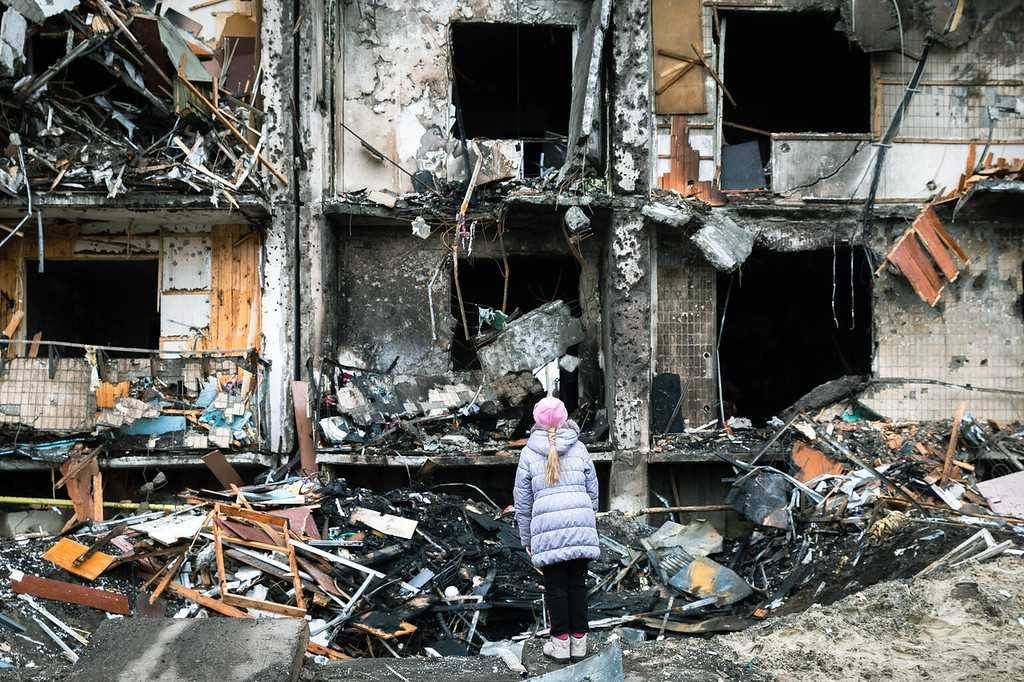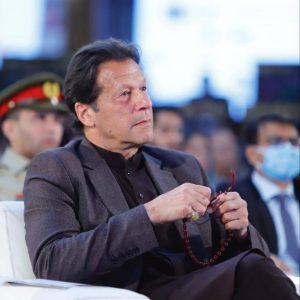Many secrets of the corrupt ways of Pakistan’s military rulers during the decade-long United States-led Jihad in Afghanistan from 1979 to 1989 remain buried, but those revealed are shocking, more so because, it would appear, the holy war against the Soviets could not proceed without the allowance of unfettered freedom to Pak Generals, to collect dollars. That is, no dollars, no Jihad … writes Samuel Baid
The war was against the Soviet troops’ invasion into Afghanistan. Pakistan’s military dictator Gen Zia ul Haq had benefited from this war in at least three ways: (1) the US blessings to his illegal power, (2) US connivance at Pakistan’s clandestine nuclear activity, and (3) maintaining a holy face while poisoning with drudge his own country, the US and other benefactors.
An organisation called “the Organised Crime and Corruption Reporting Project (OCCRP) has quoted a South Asian intelligence source to say that during Gen Zia’s dictatorship, his close friend, then ISI Chief Akhtar Abdur Rehman Khan, was responsible for laying a network of madarsas with CIA funding to fight Soviet troops in Afghanistan. The CIA took control of American and the Middle Eastern equal donations in dollars and put them in its Swiss bank account. The CIA trusted Khan with millions of dollars which he used for filling his own pockets. He siphoned off lot of money from the Afghan war into his account.
According OCCRP, a second account was opened in 1986 in Khan’s name. It was worth more than $ 9.2 million. Khan died along with his master Gen Zia in an air crash in August 1988.
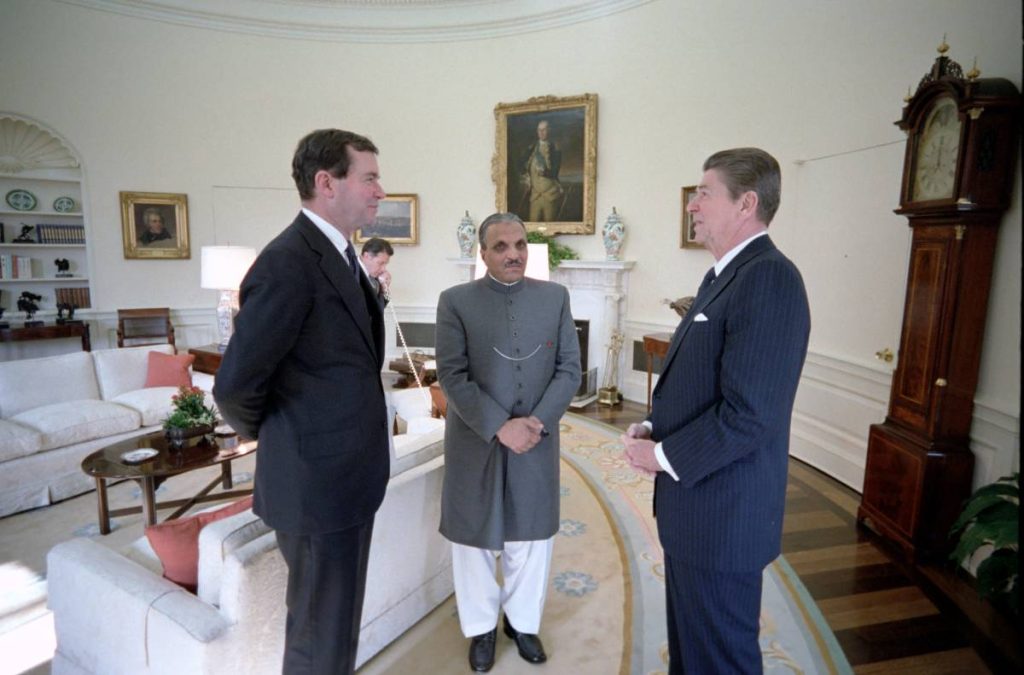
Gen Zia, although engaged in supposedly a holy war, was not a holy man himself. The Pakistan people’s Party (PPP)’s Urdu Daily Musawwat wrote that before going to United Nations, he carried lamps to be gifted to important people in New York. The empty bottoms of the lamps hid ‘unholy stuffs’.
ALSO READ: Islamic State expanding footprint in Pakistan
The blast in the Ojhri Camp in 1988 badly exposed General’s gun running activities. Then Zia’s hand-picked Prime Minister Mohammad Khan Junejo, a follower of Pir of Pagaro, was worked up. He ordered an inquiry into the blast and found out that Generals hid for selling in black market the weapons given to Pakistan by the US to fight the Soviet troops in Afghanistan. When Junejo was going to make this report public, Zia dismissed him as Prime Minister. The dismissal was very cruel and humiliating. Junejo was still on the plane at the Islamabad Airport on return from East Asia (where he told his hosts democracy had taken roots in Pakistan) when General called all journalists from the Airport for an important announcement. He told them that he had dismissed the Prime Minister. Junejo alighted from the plane without knowing he was no more Prime Minister. This cruel joke showed how sensitive were Generals to the Ojhri Camp inquiry.
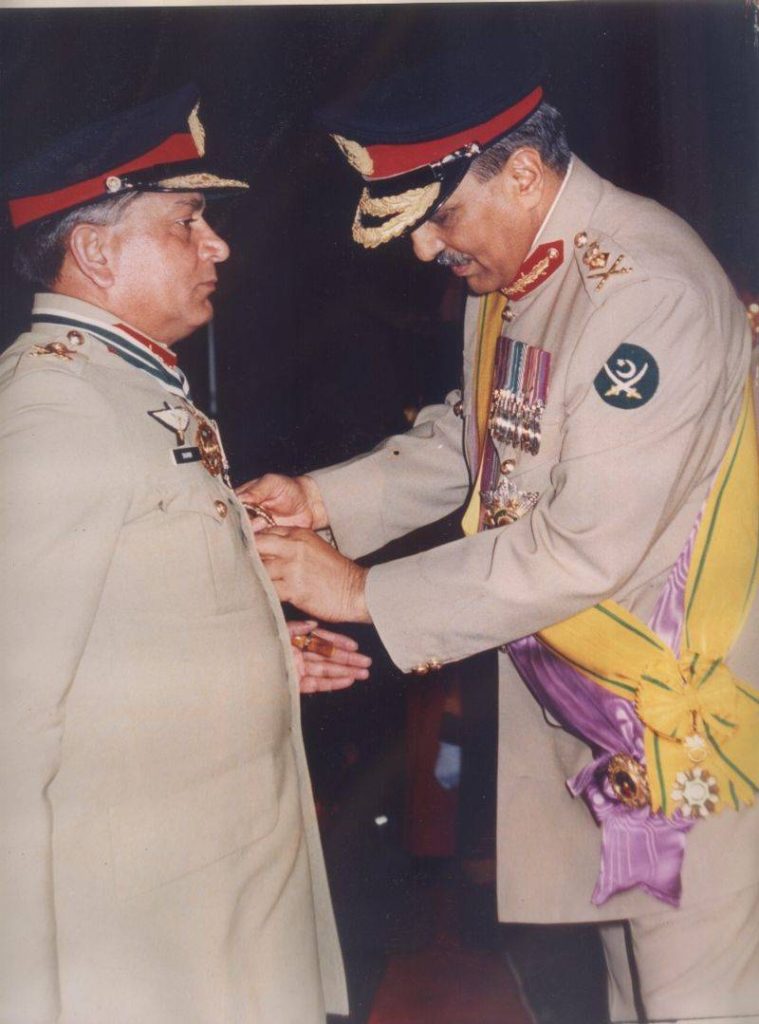
Among the political parties Jamaat-i-Islami was the dearest to Zia. The Chief of this party Miantufail Mohammad was said to be his Mamoo (mother’s borther). Zia allowed his party to travel abroad to collect money for the Afghan’s jihad.
The Jamaat-i-Islami was not bound to give accounts of its collection of money to any authority so they filled their own coffers like Generals were doing. Afghans, who participated in the Jihad were angry with the Jamaat. They came to Peshawar to expose it to the Press. But it did not affect the Jamaat. It became a rich party. Its members who could hardly travel by train or inter-province buses earlier, now frequently travelled by air.
Now the question is: could the Americans fight this Jihad in Afghanistan had they not overlooked Pakistani Army Generals’ looting the dollars meant for jihad? Or, had Gen Akhtar Abdur Rehaman Khan taken interest in laying the networks of madarsas if he did not have the unrestricted freedom to fill his bank accounts?
Though then US President Ronald Reagan wondered in 1985 where all the money was going, the Americans never showed the courage to expose these Generals. As a result, they suffered more after Oct 2001 when they took Pakistan as a coalition partner in the war against global terrorism in Afghanistan.


